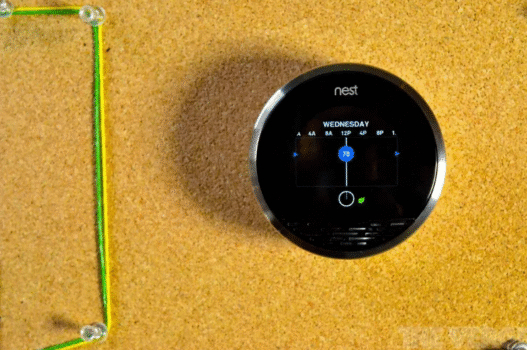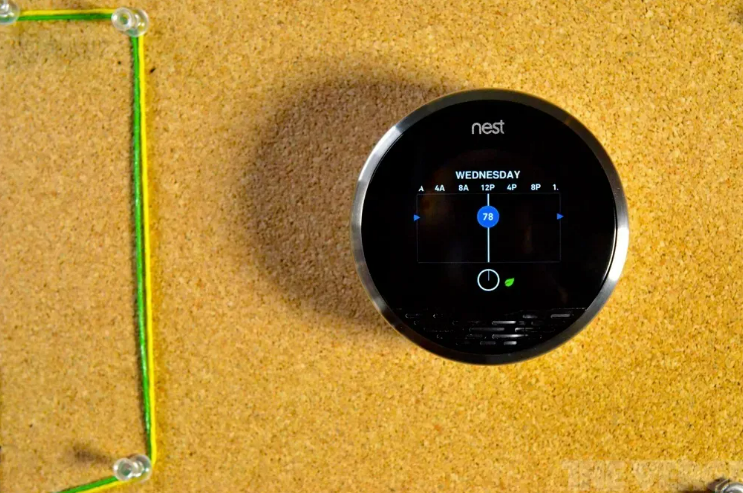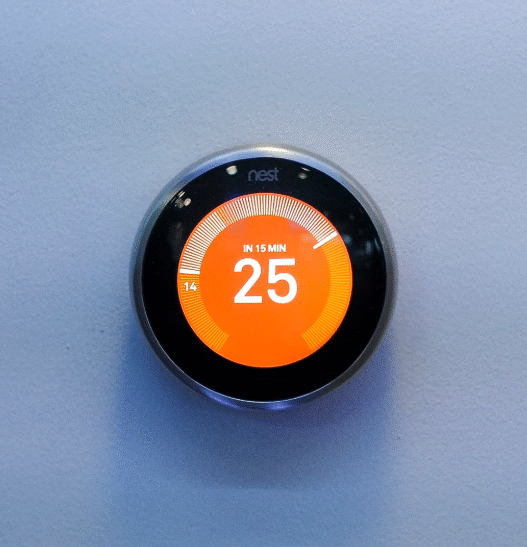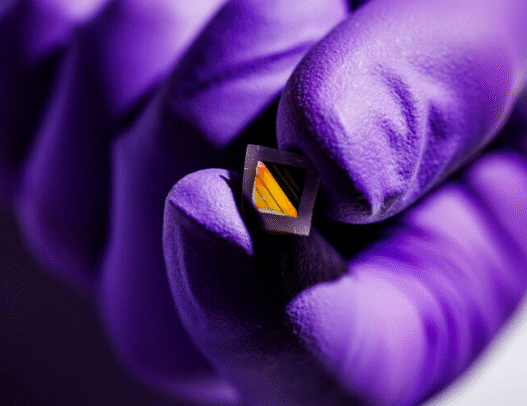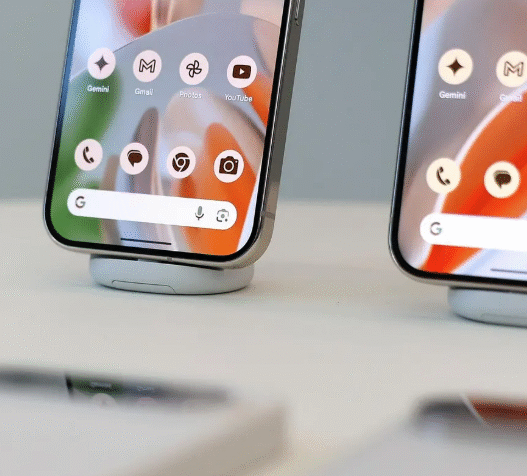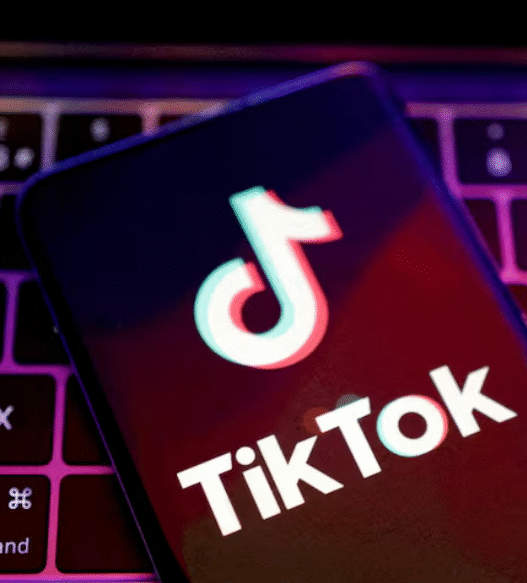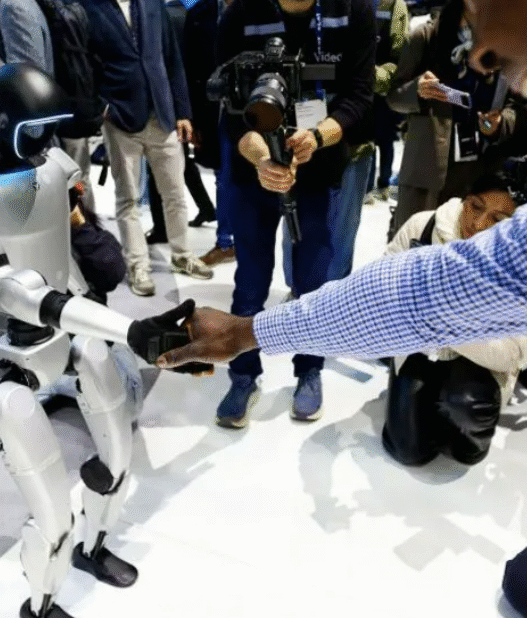Google has announced it will end software updates for older Nest Learning Thermostats, affecting both the first-generation model released in 2011 and the second-generation version launched in 2012. This decision also impacts the European Nest Learning Thermostat from 2014.
According to Google, after the October 25th cutoff date, users “will no longer be able to control them remotely from your phone or with Google Assistant, but can still adjust the temperature and modify schedules directly on the thermostat.” The devices will lose support within both the Google Home and Nest apps.
No New Nest Thermostats for Europe
In a significant development for European customers, Google has confirmed it has no plans to release additional Nest thermostats in the European market. The company explained this decision by noting: “Heating systems in Europe are unique and have a variety of hardware and software requirements that make it challenging to build for the diverse set of homes.”
The currently available Nest Learning Thermostat (3rd gen, 2015) and Nest Thermostat E (2018) will continue to be sold in Europe until existing inventory is depleted.
Impact on Users
The loss of remote control capabilities will likely frustrate many long-term Nest customers who have relied on these features for years. While Google isn’t completely disabling the thermostats’ core temperature control functionality, much of their convenience and smart capabilities will disappear once software support ends.
One silver lining for these early adopters is that the older Nest Learning Thermostats can still be used locally without Wi-Fi connectivity, unlike some newer smart home models that require constant internet connection.
New Feature for Recent Models
There is positive news for owners of more recent Nest Thermostats. Google has announced that these customers “will be able to create and adjust schedules” directly from the Google Home app later this year – a new feature not previously available.
Smart Home Longevity Concerns
This phase-out highlights growing concerns about the lifespan of smart home technology. As consumers invest more heavily in connected devices, many worry about purchasing products that may lose core functionality after several years of use.
The situation raises an important question: Is 14 years a reasonable lifespan for smart home gadgets before their “smart” features are disabled? Currently, there’s no indication that Google plans to open source the hardware to allow community support to continue.
Compensation Offers
To help offset customer disappointment, Google is offering several discount options:
- $130 off the fourth-generation Nest Learning Thermostat for US customers
- $160 discount for Canadian customers
- 50% savings on the Tado Smart Thermostat X for European customers, since the Nest lineup will soon be discontinued in that market
The original Nest thermostats were developed while the company operated independently under former Apple executive Tony Fadell’s leadership, before Google acquired Nest in 2014 for $3.2 billion.









